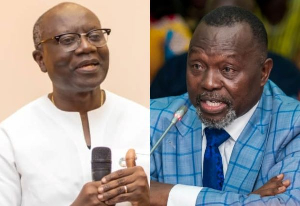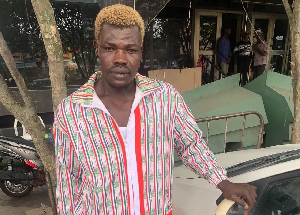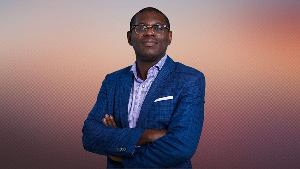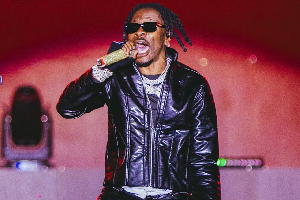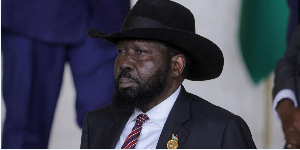The Ghanaian democracy is flawed with an inexplicable feature of being owned and controlled by the state, and the media as we all know democratically must be independent in order to be able to aid the mass to tap into the democratic treasure of transparency and accountability. The Media must be monitoring all state affairs carried out by the government in order to ensure its efficiency and effectiveness without external influences in freedom.
The incumbent government National Democratic Congress emphasized on transparency and accountability as its fourth pillar of governance of the country. This gives the mass the mandate through the right institutions like the media if independent to hold all sitting governments to justice on their own words. And also the mass cannot fully tap the democratic treasure of transparency and accountability unless they receive the requisite tool, and that is civic education. Civic education on the rights and responsibilities of citizens of Ghana, on the laws and constitutions governing citizens which defines all the responsibilities and duties they owe the State as a form of payment to the rights enjoyed.
The media’s operation in relation to topical issues concerning the country has been characterized by the flaw of many of our media men made up of great writers and journalists lacking independency because most of them have sold their freedom to stand for the truth and are in foul connection with governments always producing articles and publications in favour of those who wield influence on them.
The media also in its independent operation delivers the right to information to the populace. The Central Regional Coalition on the Right to Information (RTI) noted that access to information was a fundamental human right guaranteed under the 1992 constitution, which gives all persons living in Ghana freedom to access information in the custody of public bodies and categories of private bodies. It was therefore necessary to take into account the views of the public and civil society to ensure Ghana’s RTI law meets international norms and standards, serves the aspirations of the Ghanaian society as clearly written in Ghana’s Constitution. Therefore the media is deemed the right medium to exercise these laws governing our country in relation to right to information.
I believe that the 21st century is characterized by the modernity in enlightenment in critical and revolutionary knowledge from African knowledge which the media must see to its activation. There should also be preconditions laying down law and order for knowledge circulation in Africa which the media must respect. I think knowledge must not have free flow without limitations because it gets violent when it gets to the wrong recipient especially the youth on our side of the world. Which must be ensured by the Central Regional Coalition on the Right to information (RTI).
I think the environment we live in must determine the knowledge imparted on you, which calls for laws and constitutions restricting the bad impact of knowledge on the people subjected to them. The media must encourage the content of African literature over the western literature which we mostly patronize on because there is a clear difference in the two cultures producing the knowledge in Africa and Europe. We must build on our knowledge originating from our environment, on this issue I take interest in Nkrumahism as a source of knowledge to restore the foundation of the country’s development. Nkrumah stated that “there is undoubtedly considerable evidence of much that is noble and glorious in our African past, there is no need to gild the lily nor to try to hide that which ignoble. But here again it is a question of whose standards and values you are applying in assessing something as noble or ignoble, and I maintain (we) must reject non-African value judgments of things African.”
I envision a Writer’s Club in the country made up of great journalists and writers of honour and integrity who will take up the stage to defend the heritage of the country. The media as a 21st Century Disciple standing up for Justice against the ills and maladies of the African societies by the free flow of the pen as a weapon against evil. I say a truthful pen is powerful than Moses’s staff, paving the way to success of every society through the exercise of impartiality and justice on all matters arising in the society.
Journalists and writers exercising the power in their works through the usage of powerful words in the form of “must” and “will” to effect change positively. Wake up African writers, let us write our way out of darkness to the light which will lead the country to progress, let us put it on the paper and realize it through its positive imposition on the mind of our mass readers to drive our societies to greater developments. As a writer I say, they can take the stage but they cannot take the pen so let us all bring the pen to life, fellow Ghanaians. I also encourage readers to read wide and read ours, awake Africa. A message to Africans “Let Us Stand For Our Own, which is the way forward!
MR. EMMANUEL OSEI-POKU
POLITICAL SCIENCE STUDENT,
UNIVERSITY OF GHANA.
Opinions of Saturday, 23 March 2013
Columnist: Osei-Poku, Emmanuel
The (in)dependent media in Ghana
Opinions



